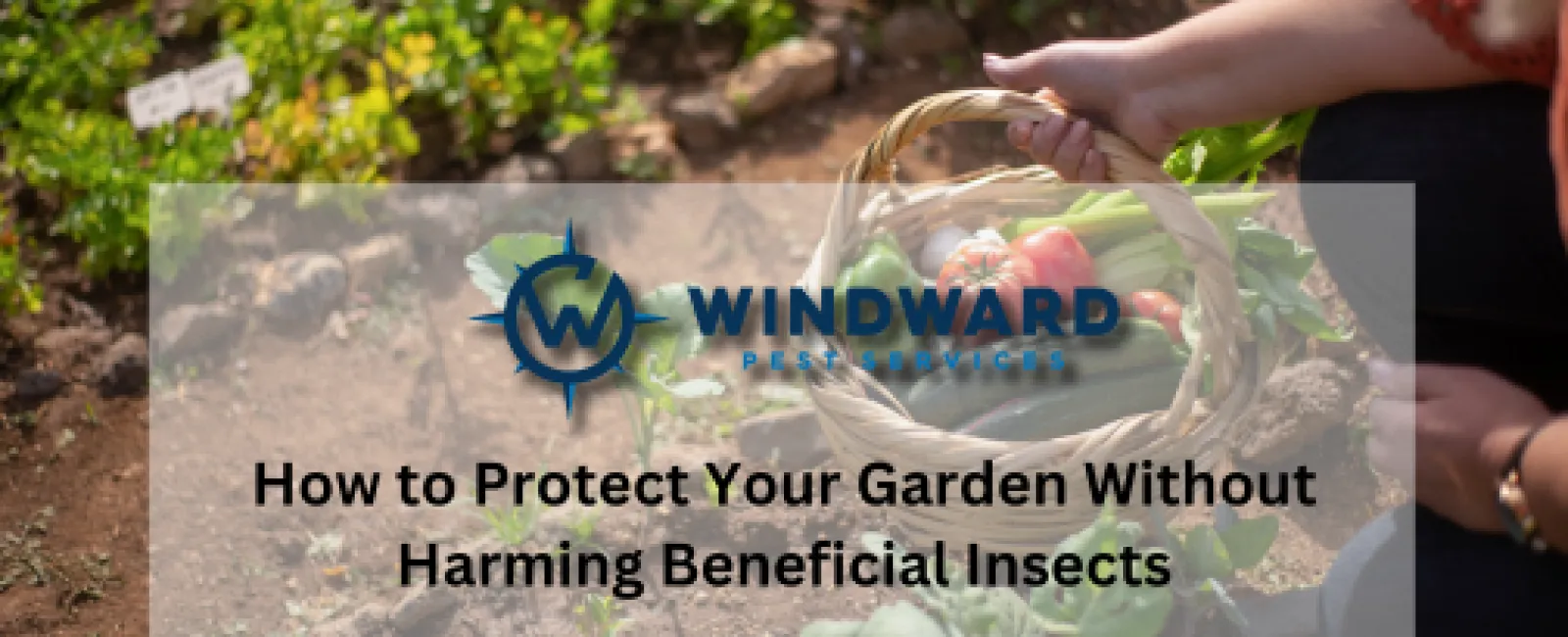Gardening is a rewarding activity that not only beautifies your outdoor space but also provides a sanctuary for various forms of wildlife, including beneficial insects. These insects play a crucial role in maintaining the health and balance of your garden by pollinating plants, controlling pests, and improving soil quality. However, protecting your garden from harmful pests can sometimes inadvertently affect these helpful creatures. As homeowners seek effective ways to manage pests, it's important to adopt strategies that safeguard beneficial insects while keeping destructive pests at bay.
In Georgia, where the climate is conducive to a wide variety of garden pests, the challenge of balancing pest control with the protection of beneficial insects is particularly significant. Whether you're dealing with aphids on your roses or caterpillars in your vegetable patch, finding a solution that doesn't harm bees, ladybugs, or other beneficial insects is essential. This article will explore various methods for protecting your garden from pests while preserving the health and safety of beneficial insects, using the latest insights from Atlanta pest control experts.
At Windward Pest Services, we understand the importance of maintaining a healthy garden ecosystem. Our Atlanta interior and exterior pest treatments are designed to target harmful pests without disrupting the delicate balance of beneficial insects. In this article, we'll delve into practical, eco-friendly approaches to pest management that help you protect your garden without compromising the well-being of the insects that make your garden thrive.
Understanding the Role of Beneficial Insects
Before diving into pest control strategies, it's important to understand the role that beneficial insects play in your garden. These insects contribute to the overall health of your garden in several key ways:
Pollination: Insects like bees, butterflies, and certain beetles are primary pollinators for many garden plants. Pollination is essential for the production of fruits, vegetables, and flowers.
Natural Pest Control: Predatory insects, such as ladybugs, lacewings, and parasitic wasps, help control populations of harmful pests like aphids, caterpillars, and whiteflies. These natural predators can significantly reduce the need for chemical pest control methods.
Soil Health: Insects like earthworms and beetles contribute to soil aeration and decomposition, which enhances soil fertility and promotes healthy plant growth.
Recognizing the importance of these insects is the first step in developing a pest management strategy that protects them. By fostering a garden environment that supports beneficial insects, you can reduce your reliance on chemical pesticides and promote a healthier ecosystem.
Eco-Friendly Pest Control Methods
There are several eco-friendly methods you can use to protect your garden from pests without harming beneficial insects. These strategies focus on creating a balanced garden ecosystem, where natural predators keep pest populations in check, and plants are healthy enough to resist infestations.
Integrated Pest Management (IPM): IPM is a holistic approach to pest control that combines cultural, biological, and mechanical methods to manage pests. This approach minimizes the use of chemical pesticides, focusing instead on long-term prevention and control through natural means.
Companion Planting: Companion planting involves growing certain plants together to enhance each other's growth and deter pests. For example, planting marigolds alongside tomatoes can help repel nematodes, while herbs like basil and mint can deter aphids and other pests. This method not only protects your plants but also supports beneficial insects by providing additional nectar sources.
Biological Controls: Introducing or encouraging natural predators in your garden is an effective way to control pest populations. For instance, releasing ladybugs or predatory mites can help reduce aphid and spider mite populations. These biological controls target specific pests without harming other insects.
Physical Barriers: Using physical barriers, such as row covers, netting, or insect screens, can protect plants from pests while allowing beneficial insects to thrive. These barriers prevent pests from reaching your plants without the need for chemical treatments.
Selective Pesticides: When chemical control is necessary, opt for selective pesticides that target specific pests without affecting beneficial insects. For example, insecticidal soaps and neem oil are effective against soft-bodied pests like aphids and whiteflies but have minimal impact on beneficial insects when used properly.
Protecting Pollinators and Other Beneficial Insects
Pollinators, such as bees and butterflies, are particularly vulnerable to pesticide exposure. Protecting these insects is essential for the health of your garden and the broader environment. Here are some additional strategies to safeguard pollinators and other beneficial insects:
- Timing of Pesticide Application: If you must use pesticides, apply them during the early morning or late evening when pollinators are less active. This reduces the likelihood of direct exposure to harmful chemicals.
- Avoiding Broad-Spectrum Insecticides: Broad-spectrum insecticides kill a wide range of insects, including beneficial ones. Instead, choose targeted treatments that specifically address the pests in your garden.
- Providing Habitat: Create habitats for beneficial insects by planting a variety of flowering plants that bloom throughout the growing season. This provides a continuous food source for pollinators and predatory insects.
- Maintaining Healthy Soil: Healthy soil supports strong, resilient plants that are less susceptible to pest infestations. Use organic compost and mulch to improve soil fertility and structure, which in turn supports beneficial insects.
The Role of Professional Pest Control
While many garden pests can be managed with DIY methods, some infestations may require professional intervention. Atlanta pest control experts, like those at Windward Pest Services, can provide specialized pest inspections and treatments that are both effective and environmentally responsible. Our Atlanta residential and commercial pest services are designed to protect your garden and property from harmful pests without endangering beneficial insects. We use advanced pest control techniques, including targeted treatments and biological controls, to ensure that your garden remains a safe haven for pollinators and other beneficial insects.
Protecting your garden from pests doesn't have to come at the expense of beneficial insects. By adopting eco-friendly pest control methods, you can create a thriving garden ecosystem that supports both your plants and the insects that help them grow. Whether you're an experienced gardener or just starting out, these strategies can help you maintain a healthy, vibrant garden that is both beautiful and sustainable.
At Windward Pest Services, we understand the importance of balancing pest control with environmental stewardship. Our Atlanta pest control services are tailored to meet the unique needs of Georgia gardens, providing effective solutions that protect your plants and the beneficial insects that are vital to their success. Whether you're dealing with a minor pest problem or a more serious infestation, our team of experts is here to help you protect your garden in a way that respects the natural ecosystem.
As you work to safeguard your garden, remember that every action you take has an impact on the broader environment. By choosing eco-friendly pest control methods and working with professionals who prioritize sustainability, you can enjoy a beautiful garden that supports the health and well-being of both your plants and the beneficial insects that make it thrive.

